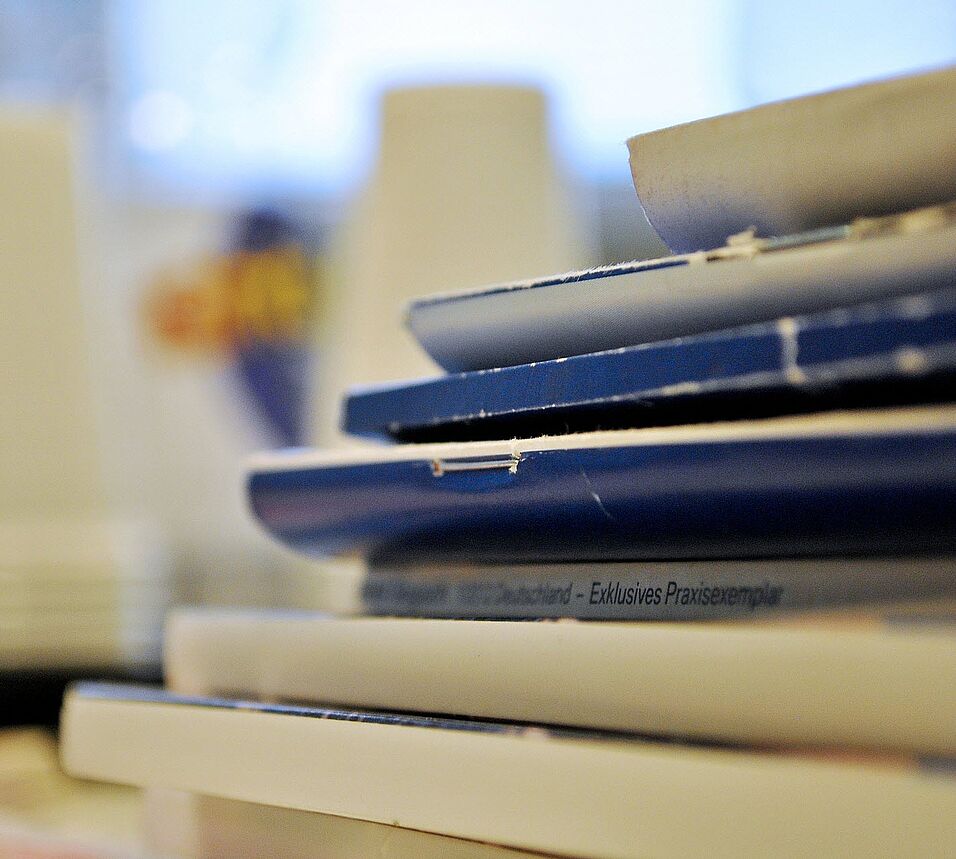Data projects archived at AUSSDA should be available for others to reuse to develop new research questions from existing datasets, to merge own research data with archived data from a different project to have a broader foundation of available resources, and also to make the data collection process transparent for others - just to name a few of the benefits of archiving your research data.
However, editors and reviewers of journals have different requirements and expectations when faced with a dataset. Their focus is on replication data accompanying a journal article. These datasets are smaller in scope and only include variables relevant for the publication as well as the do files (Stata) or syntax files (SPSS) used to arrive at the article’s results. Ideally, these files include the authors’ comments explaining which results are being produced in what part of the file.
What sets replication data apart?
The dataset used to replicate the results are made available as SPSS, Stata, tab and RData compatible files, while the actual calculations are uploaded in the original format of the deposit. Due to their structure, replication datasets are not suitable for alternative reuse options. They only consist of the variables used in the publication and are to be used to recreate the results of the original article, while also giving interested readers further insights into the authors’ research process.
Replication datasets are assigned a citable DOI at AUSSDA and are licensed as open access files. This is because replication data should increase transparency of how results and conclusions are reached in the social sciences.
Cooperation with journals
In the AUSSDA archive, research projects, institutions or journals have the option to receive their own online collection of materials called a “Dataverse”. Currently, two journals have such a Dataverse: the Austrian “MedienJournal” and “Survey Methods: Insights from the Field”. Soon the Dataverse of the Austrian “SWS-Rundschau“ will go online. We are also in talks with other journals.
A separate Dataverse collects datasets from one journal’s publications and makes the replication data easier to find, but it is not necessary to wait for a journal to receive its own Dataverse before you can archive replication data. Should you be interested in archiving data to allow replication of your publication, don’t hesitate to contact us!

